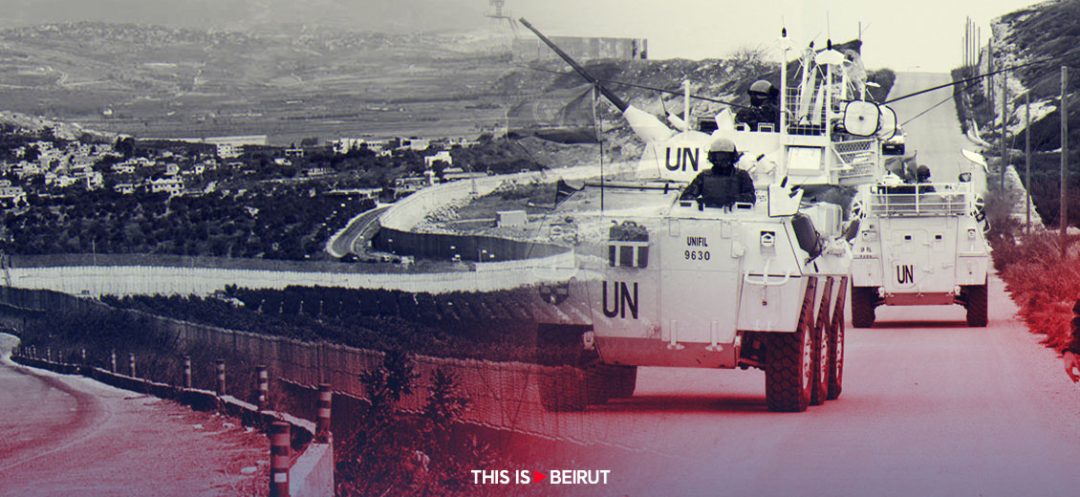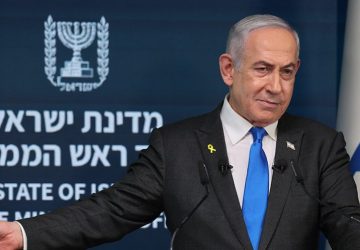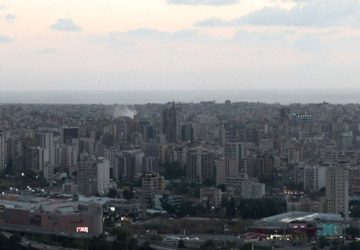Listen to the article
There are around two hundred Lebanese who have fallen, arms in hand, in a “low-intensity” war sparked by Hezbollah against Israel. Today, they are deathly visages. For many, their demise came in the early weeks of war measured much like a pregnant woman counting the months and days leading to childbirth. Sometimes, they met their end in groups, torn apart by an armed drone, before their leaders commanded their comrades to discard their phones and voiceprints that marked them as easy targets. Their faces have now joined in death those of the thousands of Palestinians who have perished in Gaza, crushed amid the intimacy of a family meal, between floors ravaged by F-16 bombardments.
A quasi-involuntary sense of compassion arises for those whom the Maronite patriarch, Bechara Rai, identifies as victims of a “culture of death” – compatriots who have fallen in battles they regard as victories, yet which others perceive as “illusory victories.”
For some people, such as military expert Khalil Helou, if there is victory, it is a “Pyrrhic victory” – one achieved at such immense cost that it leaves the victor with the bitter taste of “defeat,” particularly when the outcome of the combat falls short of its declared objective or any subsidiary goals.
Hezbollah initiated this conflict on October 8, claiming it was to divert some of the violence unfolding in Gaza. Regardless of any controversy surrounding this matter, and moving past the panic during the first weeks when there were concerns about the conflict escalating, the Hamas-Israel war has now reached a pivotal juncture that alters its character.
We recall that at the outset of the Israeli offensive, Hezbollah and the entire pro-Iranian camp had issued threats of intervention against Israel if a ground operation was initiated against the Gaza enclave. Nothing of the sort has happened. We have witnessed, horrified, this invasion which, to date, has claimed not less than 30,000 lives, not to mention the victims buried beneath the rubble of buildings blown away like houses of cards. In reality, after the death of three American soldiers in a strike by pro-Iranian militias in Jordan at the end of January, both the US and Iran have conveyed to their allies their rejection of a widespread war. This highlighted the now coerced aspect of the confrontations in southern Lebanon. This development has even allowed the Hebrew State to exploit this new orientation to its advantage, by bombing Ghazieh and Nabatieh in Lebanon, and causing civilian deaths, without fearing alarming reprisals that would challenge the tacit “rules of engagement.”
The low-intensity war in southern Lebanon has lost all rationale, given it should never have been initiated in the first place. Why did the combatants of Hezbollah and Amal fall? Was it to help their Palestinian “brothers?” To reclaim the Holy City? To address a historic injustice? Or was it in pursuit of an unattainable utopia?
We struggle in fact to define the multifaceted objective of this war, where the eschatological aspects inextricably intertwine with the national ones. Have we, as if by mimicry, sought to reproduce a conflict whose physiognomy remains elusive, as described by historian and politologist Hamit Bozarslan within a geopolitical context as a “war of de-civilization?” Certainly, as articulated by the Latin Archbishop of Algiers, Jean-Paul Vesco, “the October 7 tragedy is inexcusable, however it is not without a reason.” It has awakened the world’s conscience to the Palestinian cause, a conscience that F-16s are striving to appease. Nonetheless, as Bozarslan says again, Hamas “probably thought that the history of Palestine, Israel, the Middle East, and the world boiled down solely to the mere hours of its actions.” According to the political analyst, “national resistance cannot justify mass crimes.”
Bozarslan essentially adds that this surge must be transcended to be “rational” and sustainable. It is incumbent upon Israeli and Palestinian societies to “de-eschatologize and laicize” their combat to think about their common future. And what holds value for them holds value for all.
Regardless, it is now indispensable for Lebanon to return to square one. There have already been far too many deaths. The key to ending the tragedy and stopping the hemorrhage exists; it is called United Nations Security Council Resolution 1701. Hezbollah must consider using it without delay.





